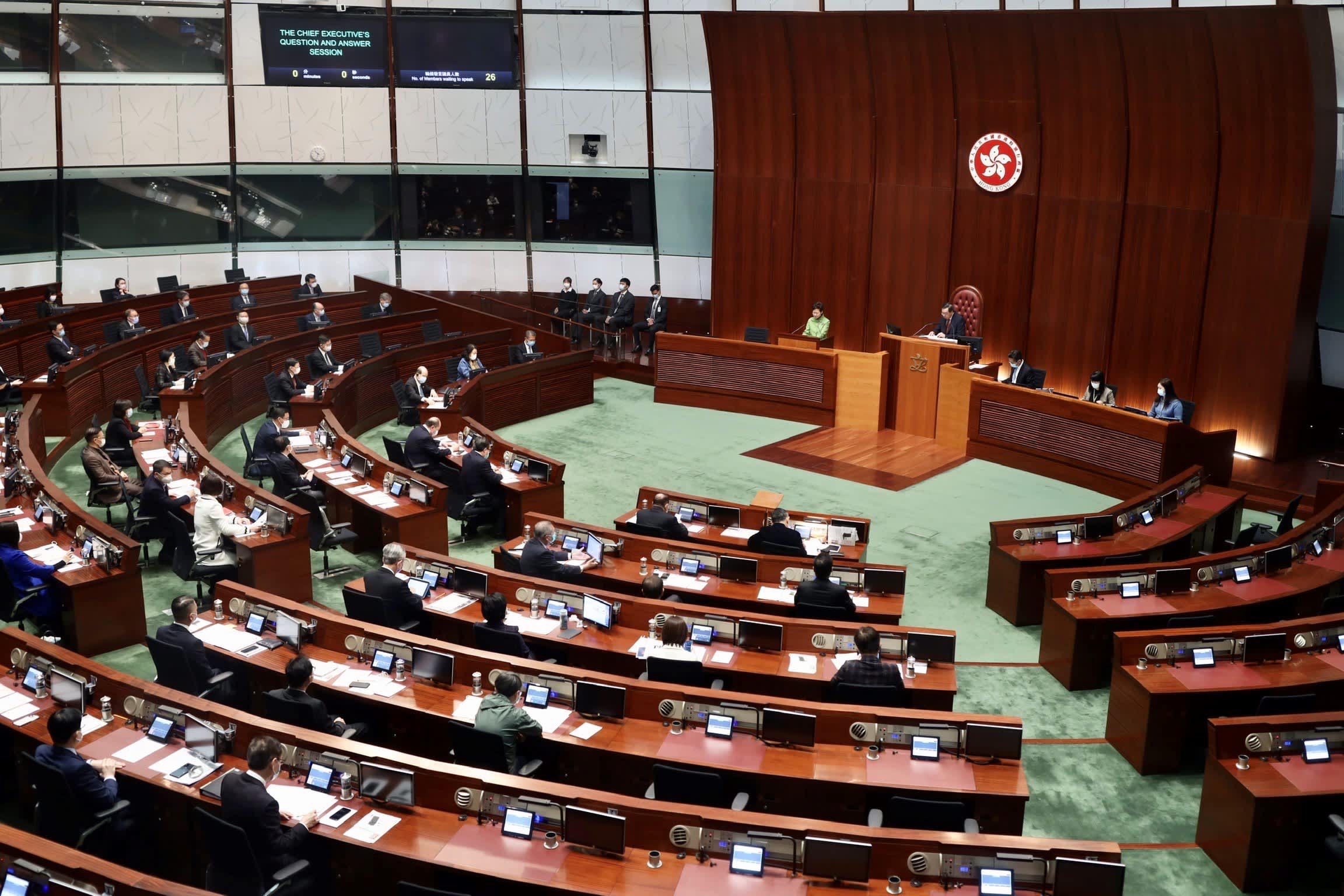
A former U.S. diplomat said China’s latest move to tighten its control over Hong Kong will turn the semi-autonomous region’s legislative body into something that’s “largely ceremonial.”
“I think what we’ll see in the years ahead is that the legislative council … will become a largely ceremonial organization — similar to the legislative apparatus in Beijing,” Kurt Tong, former U.S. consul general and chief of mission in Hong Kong and Macau, told CNBC’s “Squawk Box Asia” on Friday.
Beijing on Thursday approved a draft decision to change Hong Kong’s electoral system. The proposed measures will alter the size and composition of Hong Kong’s legislature and election committee.
In response, the U.K. Foreign Secretary Dominic Raab said in a Thursday statement: “This is the latest step by Beijing to hollow out the space for democratic debate in Hong Kong, contrary to the promises made by China itself.”
Meanwhile, the U.S. State Department condemned the move and said the changes were “a direct attack on Hong Kong’s autonomy, its freedoms and democratic processes.”
Hong Kong’s Legislative Council or LegCo.
Lui Siu Wai | Xinhua News Agency | Getty Images
Hong Kong is a former British colony that was returned to Chinese rule in 1997. It is governed under a “one country, two systems” framework that promises the city greater autonomy than other mainland Chinese cities, including legislative and independent judicial power.
The city’s leader, Carrie Lam, said in a Thursday statement that the changes proposed by Beijing are aimed at making sure that Hong Kong is governed by “patriots.”
That will “resolve the problem of the LegCo making everything political in recent years,” she said referring to the legislative council. It will “effectively deal with the reckless moves or internal rift that have torn Hong Kong apart,” she added.
Hong Kong’s legislature “already previously had limited capability to actually draft laws. Now, I think it’ll have even less capability to shape laws,” said Tong, who’s now a partner at advisory firm The Asia Group.
The latest proposed electoral changes come less than a year after China imposed a controversial national security law in Hong Kong — bypassing the city’s legislature. The law followed months of pro-democracy protests in Hong Kong that sometimes turned violent.
Tong said Beijing’s aim is to “quiet political opposition,” but “not change terribly how Hong Kong operates as an economy.”
That means Hong Kong has so far retained features that made it an international business center, such as its connection to the rest of the world and a largely independent judiciary, said Tong.
Still, the business community is watching the situation in Hong Kong closely “with a certain degree of concern” even if companies are not leaving the city, he added.
“The national security law I think has been the bigger concern with respect to the judiciary,” said Tong. “There are reasons for concern but I think people are just gonna need to watch it closely and see what happens.”




